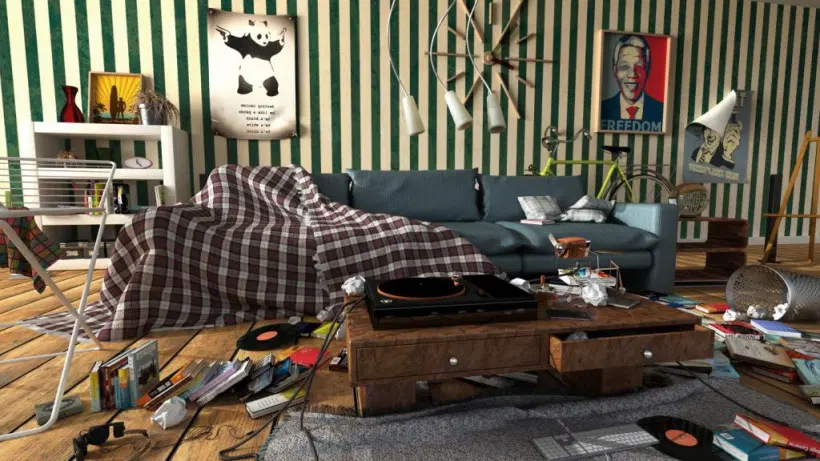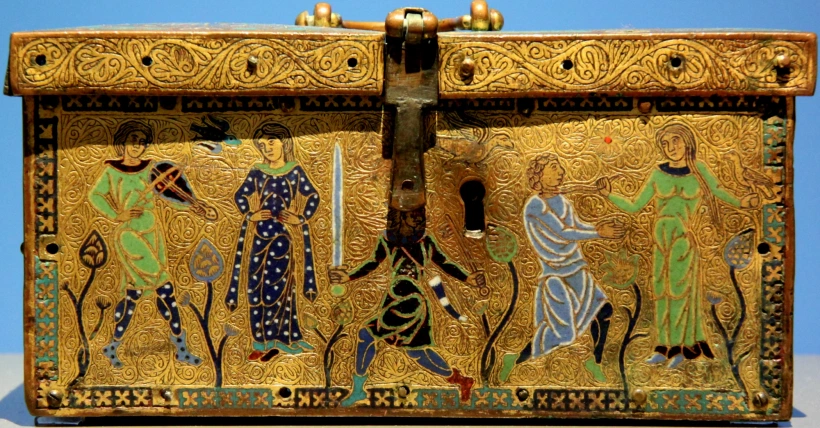
How beautiful it is when you find something perfectly in harmony with your mood, your interests and your needs, by chance. You are lost in your thoughts and… there it is. A light appears in your road, changing your perspective and making your day happier. It can be the wind slightly moving the leaves of a tree. It can be the smile of a stranger passing by. It can be the sound of a piano playing in an indefinite apartment nearby. It can be the unexpected smell of fresh bread in the street behind a bakery. Those moments are little presents that remind us to appreciate every detail of life.
Too often we are absorbed in the digital stream and we don’t even notice the stimulus coming from the world around. Even when we are wearing the tourists‘ shoes, we can’t expect the trip to be smooth and interesting in every minute. We need to give our inner compass some help. Move the head from the map or phone, look around, walk beyond traditional routes, read residents’ tips, smell the atmosphere, talk with people, ask suggestions.
A few weeks ago I attended a conference where Gianpaolo Nuvolati, Professor of Sociology at the Bicocca University in Milan, presented a project based on the concept of Flanerie. Just as Charles Beaudelaire and other 19th century French poets, a group of students went idling about in a specific area of the city with the sole purpose to live the best of that space. With the help of a guide and a dossier, they learned how to discover the city following a personal narrative, in a way that recalls a flânerie metropolitaine.
Flâneur (pronounced: [flɑnœʁ]), from the French noun flâneur, means “stroller”, “lounger”, “saunterer”, or “loafer”. Flânerie is the act of strolling, with all of its accompanying associations.
With no schedule, no expectations, no prejudice, the flâneur looks around, notices the details, smells the air, feels the essence of a district. Not without reason it has become the archetypal symbol of the modern urban experience. However, strolling around is not enough to give serendipity a real chance. What really matters is being mindful, living the present moment, having an active and child-like approach, interacting with the surroundings and behaving spontaneously.
“What people call serendipity sometimes is just having your eyes open.” Jose Manuel Barroso


